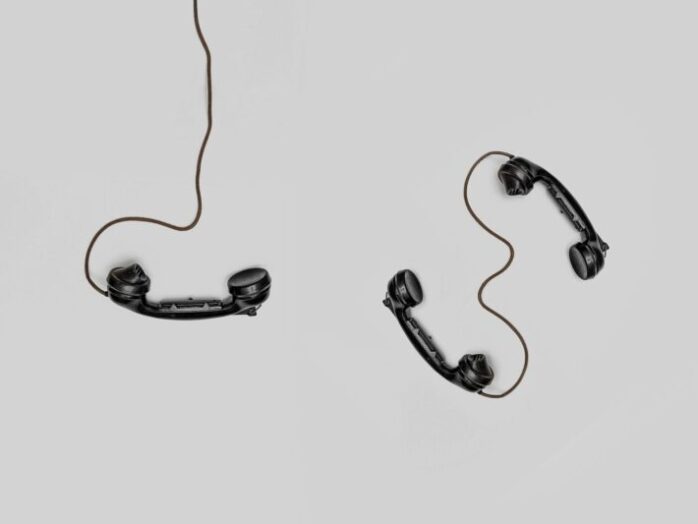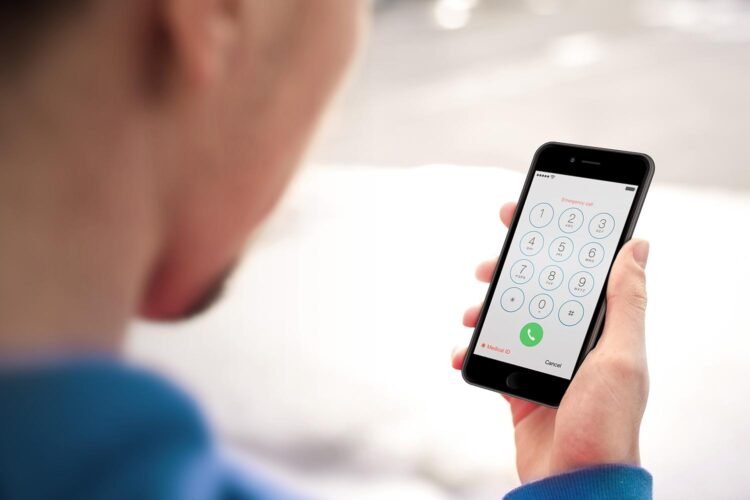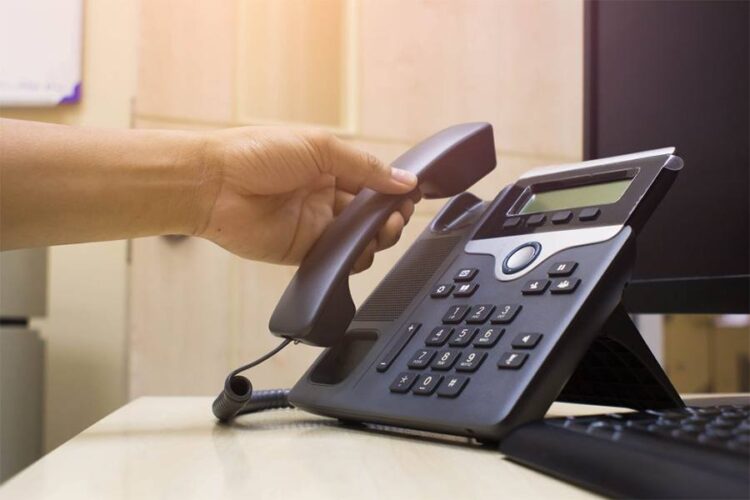
We’re in the digital age where we have free video calling at our finger tips, the problem with this is that a lot of other countries still do not reliable internet and a lot of people in these countries actually still use that dinosaur technology…the telephone, it’s big, ugly but people still rely on it to stay in contact with our families overseas.
There are a few reasons why people are still using phone cards:
- International calls are incredibly expensive to some countries, especially more remote parts of the planet so calling cards give people a much cheaper way to connect with them.
- Typically, those remote places will not have reliable internet for VoIP or video calling.
- Most people outside of the top tier countries still have and use landlines for making phone calls.
- Copper lines tend to be a lot more stable in terms of connection and provide good quality sound.
Now all of this sounds good, but what are the downsides?
Unfortunately, phone card industry has been given a negative reputation typically a few spoiling it for the rest, etc.

These include:
- Using low quality carrier providers (the cheap kind) which results in noisy sound quality combined with unstable connections, i.e. your call can drop for no apparent reason.
- Hidden fees – we will get to this further into the article.
- Pre-expired cards. That is offering cards that have already expired, these are typically the phone cards you find in the shops.
- Faulty. Some times that card may not work at all.
Now you may be thinking that there are a lot of pitfalls and concerned about how to go about finding a calling card that actually does what it is supposed to do.
Firstly, don’t worry, that is the focus of this article.
Secondly, there are only a small few who will offer hidden fees, poor quality sound and faulty cards, that is the good news.
“Give the customer service team a call and ask them about their rates, hidden fees if any and how long it takes to resolve a tech issue – that’s the best advice I can give before buying an international calling card.” – Sam Neilson, phonecardpoint.com.au
The goal is to give you the highest chance of finding the right card.

How Long Are Your Calls?
When people search online they’ll use the word “best” but it is actually an unhelpful term to use because you are assuming your situation is the same as everyone else’s.
Best is very much an individual thing.
For example:
Person A is looking for a phone card.
Person B is also looking for a phone card.
Person A has an average talk time of 60-90 minutes.
Person B usually only talks for 15 minutes at a time.
These two people have different use-cases so require a different card.
For example, there are international calling cards that come with connection fees which typically offer a lower per minute rate.
This is the ideal choice for someone who makes longer calls since they are saving money over the duration of that call.
This is however a terrible choice for someone making short calls and instead you’d want to opt for a slightly higher call rate but no connection fee.

1. Look at the Per Minute Rate
Typically, I’d recommend looking for cards that charge “on the minute” this means that money is deducted from your card every minute.
Most calling cards however will charge in blocks of time, for example, money will be deducted from your card every 3 minutes.
If you card is 1c per minute then it will cost you 3c every 3 minutes.
In most cases this isn’t an issue since you’re only dealing with a few cents but if you’re making short calls to more expensive destinations then this will add up fast.
2. Check For Admin Fees
You’ll typically see admin fees charged on cheaper calling cards since this is a way for phone card companies to recoup some of their costs.
As a consumer you need to understand that “cheap” comes at a cost.
Consumers are typically looking for the best deal but forget that these products and services actually have a hard cost assigned to them.
This means that if you’re able to secure a cheap price this means that the company has to either cut corners (perhaps on customer service and complaint resolution, quality carrier lines, etc.) or find creative ways to recoup that lost margin…or both.
Charging admin fees is one of those ways to make margins healthy again but there is no one polishing the carrier lines or doing any kind of maintenance work of any kind so charging this fee is not necessary.

3. Avoid Unit Based Calling Cards
This is not that common but it is still worth addressing.
When buying a calling card, always stick to a company that uses dollars and cents or whatever currency it is that you are using, this helps you see exactly how much money is being spent.
Some international calling card companies will hide their pricing inside of units or some other intangible method to make it difficult for their customers to manage their spending (i.e. call this country for only 2 units per minute).
Chances are that if a calling card company is using anything other than the local currency, they are not doing this for your benefit.
4. Buy Country Specific Phone Cards
Which country are you calling to?
Are you calling a landline or mobile overseas?
You’ll ideally want to find a phone card that specializes in cheap rates for that country but you also need to consider whether or not you’re calling a landline or mobile or both.
If it’s one or the other then the choice will be easy, you just need to find a card that offers great rates for either landlines or mobiles to specific country.
If you are calling landlines and mobiles then you’ll likely be purchasing a more general-purpose card which will tend to be a little pricier (which is fine) or you can purchase two cards to cover off the landline vs. mobile calls.

5. How Quickly Can They Fix An Issue?
From time to time no matter how good the calling card company you may experience technical headaches like poor quality line, call drop-outs, etc.
This is why you want to make sure that the calling card company you choose actually has an active customer support team that can locate the problem and quickly resolve it.
Again, a company that has a responsive customer service team may not offer the lowest prices but believe me when a problem comes up you will 100% want someone that can help you.
The best calling card companies are able to fix these issues within an hour sometimes within a few minutes so you can get back to calling as soon as possible.
A company that does not have a responsive customer service team means that you’ll be waiting days or even a couple of weeks for a resolution or sometimes you have to go and purchase another phone card.

6. Read The Small Print
When buying a calling card read the FAQ on their website or the small print if you’re purchasing from a newsagent.
You’re looking for things like:
- Expiration date
- Hidden fees or admin fees, etc.
- Is it rechargeable?
- What happens after the card expires? (do you lose your credit or does it roll forward?)
This may seem like a bit of work and generally you’ll be able to find this information quickly but I highly recommend understanding what it is you are buying.
7. Expiration Dates
When does the expiration date start? From purchase or from first use? Ideally, you want to find a phone card where the expiration clock begins once the card is first used.
What happens if you international calling card expires? Generally, you will lose your credit and potentially lose the use of the card.
You’ll want to find a calling card service that doesn’t remove your credit and allows you to not only reactive your card but also roll your credit forward.






